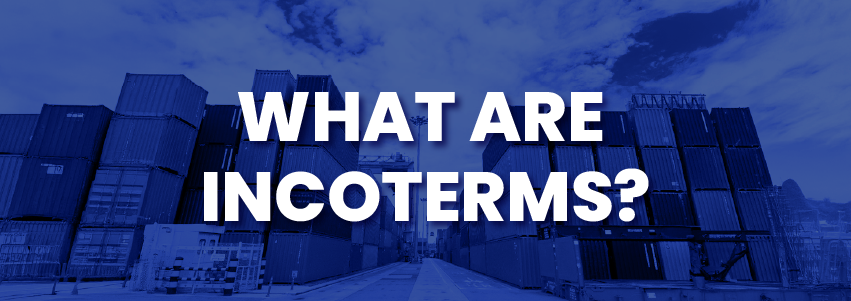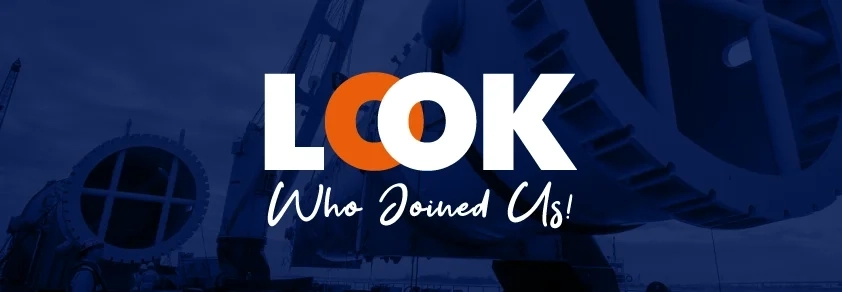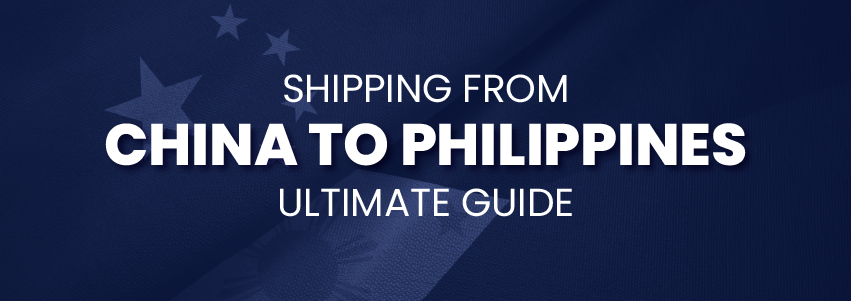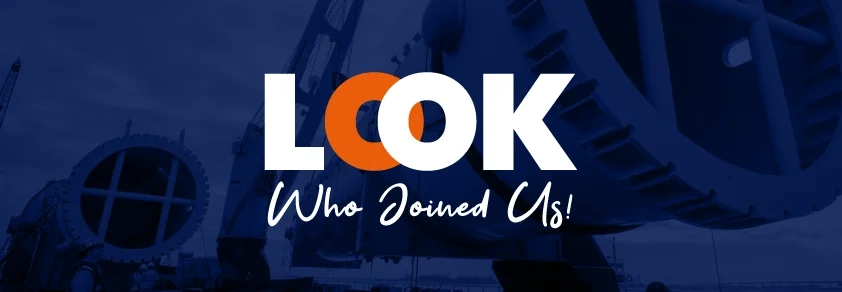What Are Incoterms?
Table of Contents
The International Commercial Terms known as Incoterms establish standardized rules which determine the responsibilities between buyers and sellers during international trade operations. The logistics and shipping industries heavily rely on these terms because they establish clear guidelines about cost distribution and risk management and responsibility allocation between trading parties. Incoterms in shipping play a crucial role because they determine the border transportation procedures for goods. The Incoterms definition provides information about delivery terms and customs clearance responsibilities and transfer points between sellers and buyers.
Incoterms receive periodic updates to reflect modifications in international trade operations. The 2024 and 2025 updated Incoterms incorporate new shipping technology developments and e-commerce advancements and global commercial changes.
Why Are Incoterms Important?
Incoterms serve as essential tools because they establish precise rules for international trade which prevent delivery term misunderstandings between buyers and sellers. The standardized terms establish clear responsibilities between parties regarding transportation arrangements and insurance payments and customs duty obligations.
Businesses can reduce transaction risks by understanding Incoterms which lead to more efficient deals. In international trade, Incoterms establish how shipping costs and responsibilities are distributed between sellers and buyers which reduces both misunderstandings and shipping process errors.
Why Are Incoterms Used?
The Incoterms types establish precise risk transfer points and locations, which help minimize disputes while making sure both parties understand their responsibilities. Shipping and logistics require this understanding because goods transfer their responsibility to different parties at various stages of their movement.
Incoterms Rules for Any Mode of Transport
Incoterms rules exist for all transport modes, including air, sea, rail, and road. The rules adapt to different shipping situations to maintain efficient shipment operations regardless of transport method. Incoterms provide flexible solutions that benefit numerous industries and international trade operations.
Incoterms Rules for Sea and Inland Waterway Transport
The use of Incoterms in logistics becomes especially important when shipping by sea or using inland waterways. The shipping terms FOB and CIF are used exclusively for sea freight to specify which party pays insurance and freight costs during the time goods are on board. The Bill of Lading Incoterms serves to maintain the agreed transport terms throughout the entire journey from the port of origin to the destination.
Advantages and Disadvantages of Incoterms
Advantages
- Each party receives specific details about their shipping and delivery and cost responsibilities through Incoterms.
- The transfer of ownership between seller and buyer becomes clearer through Incoterms which enables businesses to control their risks better.
- The global recognition of Incoterms enables businesses to conduct international trade more easily while making their contracts less complicated.
Disadvantages:
- Incoterms fail to provide complete coverage of all aspects within a contract of sale.
- The payment terms together with warranties remain outside the scope of Incoterms.
- Businesses encounter challenges when using Incoterms because these terms fail to accommodate their particular shipping requirements.
- The regular updates of Incoterms become necessary to reflect changes in regulations and practices because global trade continues to evolve.
What Are the 11 Incoterms?
The 11 Incoterms are standardized terms that cover various aspects of international shipping. Each term defines the roles and responsibilities of the seller and buyer. Some of the common Incoterms include:
- EXW (Ex Works)
- FOB (Free on Board)
- CIF (Cost, Insurance, and Freight)
- CFR (Cost and Freight)
- DAP (Delivered at Place)
- DPU (Delivered at Place Unloaded)
- DDP (Delivered Duty Paid)
- FCA (Free Carrier)
- CPT (Carriage Paid To)
- CIP (Carriage and Insurance Paid To)
- DDP (Delivered Duty Paid)
Updated Incoterms for 2024 and 2025
The Incoterms have undergone recent updates to adapt to modifications in international trade and logistics operations. The Incoterms 2024 version introduces fresh elements which focus on electronic transactions and e-commerce expansion. The upcoming Incoterms 2025 will probably introduce new shipping practices that focus on digital documentation and advanced freight management systems.
Incoterms Rules Explained
Incoterms rules establish delivery terms which determine how responsibilities between sellers and buyers should be distributed. Under CIF the seller must cover shipping expenses and insurance premiums and freight costs but FOB requires the seller to only pay until the goods reach the ship. The correct interpretation of these terms enables both parties to understand their specific obligations.
Types of Incoterms with Examples
Sea Freight Incoterms: What You Should Know
The shipping industry primarily employs FOB, CIF and CFR Incoterms when performing sea transportation. The terms specify which party must cover expenses related to insurance and freight and unloading costs.
Ocean Freight Incoterms: An Overview
The shipping industry uses Ocean freight Incoterms to handle goods transported by sea. The terms establish which party will cover expenses and risks throughout the entire shipping process from loading to port arrival.
Air Freight Incoterms: Key Insights
The shipping industry uses CPT and CIP as air freight Incoterms for expedited delivery needs. The terms define which party must organize and finance air transportation services and which party will bear flight-related risks.
Incoterms for Specific Transport Modes
The Incoterms rules differ depending on the mode of transport. Each transport method, including sea freight, air freight, and rail freight, has its own set of specific terms and conditions. Air freight Incoterms focus on air transport logistics, while sea freight Incoterms prioritize ocean shipping requirements.
Bill of Lading and Incoterms
A Bill of Lading (B/L) is a document used in shipping that outlines the specifics of the cargo being transported, including its condition, destination, and the terms of the contract. Certain Incoterms require the use of a Bill of Lading, and it’s important to understand the connection between Bill of Lading Incoterms and freight shipping.
Frequently Asked Questions
Why Are Incoterms Rules Necessary?
Incoterms rules serve as essential tools because they create standardized international trade practices which establish clear responsibilities for all parties in a transaction.
How Many Incoterms Rules Are There?
The world uses 11 primary Incoterms rules as its standard.
What Do Incoterms Rules Cover?
Incoterms establish rules that determine how parties handle the transportation of goods by defining their responsibilities regarding costs and risks and delivery and insurance.
What Don’t Incoterms Rules Cover?
Incoterms rules do not specify payment terms or ownership transfer or warranty conditions for a transaction.
How Can Incoterms Rules Affect My Shipment?
The selection of Incoterms rules determines how shipment costs and risks and responsibilities are distributed among all parties in a transaction.
How Can I Protect Myself from Risk Using Incoterms Rules?
The selection of appropriate Incoterms enables you to determine risk and responsibility distribution based on your needs while ensuring both parties understand their obligations.
Are Incoterms Rules a Complete Contract of Sale?
Incoterms rules function as a separate document from a complete contract of sale. The rules establish transaction logistics, but they do not include payment terms or product warranty provisions.
OPCA: Connecting Members for Efficient International Trade
The Overseas Project Cargo Association (OPCA) enables its members to access a worldwide network of reliable freight forwarders and logistics partners. OPCA members use Incoterms as fundamental guidelines to optimize their logistics operations while reducing potential risks. Businesses that work together through the OPCA network can reduce international trade complexities while maximizing their shipping operations.
The platform of OPCA allows members to distribute resources and valuable information while discovering dependable logistics partners, which enhances operational efficiency and strengthens industry relationships. The mining transportation sector benefits from OPCA because members gain access to specialized expert services that meet the unique requirements of heavy equipment and bulk material transportation. The organization provides secure and efficient transportation solutions to industries that need customized logistics services.
You can discover the extensive network of OPCA members by visiting the freight forwarders directory which connects you with reliable partners for business expansion.
_logo.webp)



